‘Dead zone’ In The Gulf Of Mexico Is The Size Of Connecticut
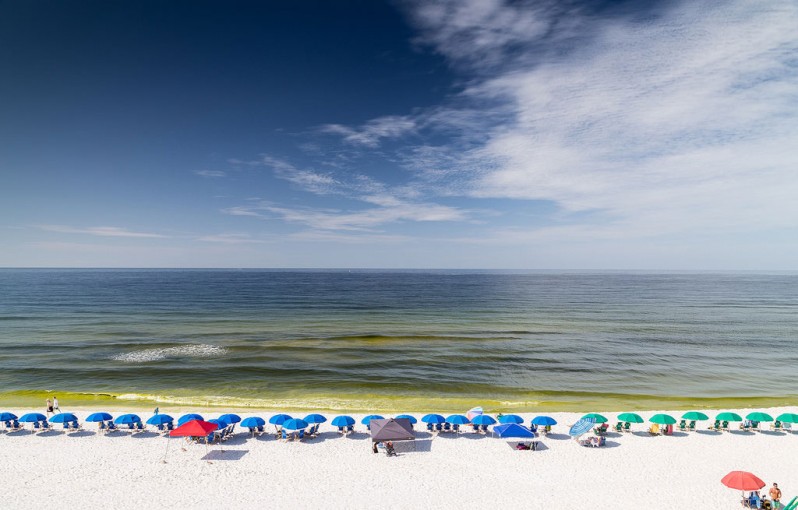
The zone, which at about 5,000 square miles (13,000 sq km) is the second largest in the world but still smaller than in previous years, is so named because it contains no oxygen, or too little, at the Gulf floor to support bottom-dwelling fish and shrimp.
Kenya Launches Giant Lamu Port Construction Project
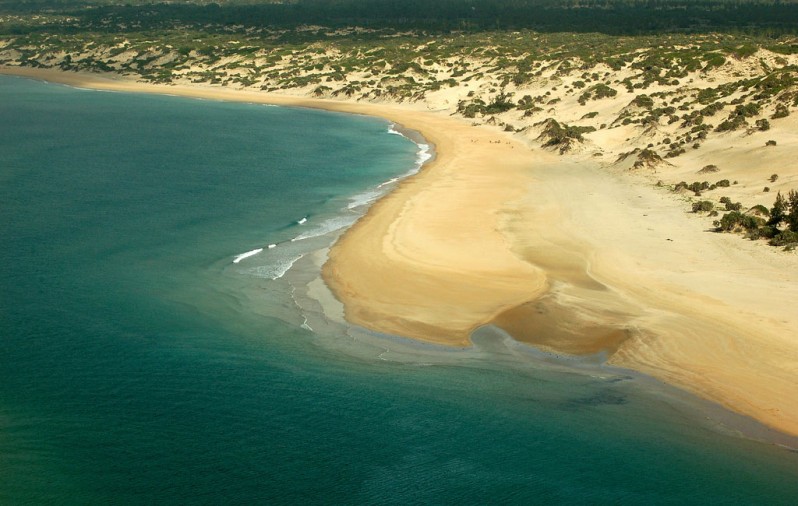
A Chinese firm, China Communication Construction Company, has signed a $478.9 million deal to construct three berths at Kenyan Indian Ocean port of Lamu. The port, at completion, will have 32 berths. The project involves dredging shallow inland channels and felling shoreline-stabilizing mangrove forests.
Belize’s Lobster And Fish Populations Rebuild In No-Take Zones
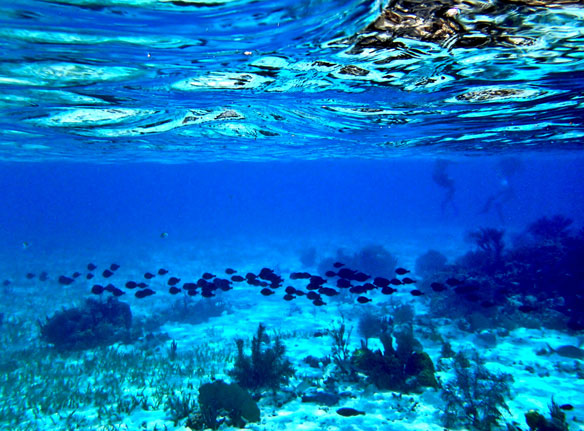
A new report shows that no-take zones in Belize can not only help economically valuable species such as lobster, conch, and fish recover from overfishing, but may also help re-colonize nearby reef areas.
Mediterranean Fish Stocks Show Steady Decline

While careful management has helped stabilize or even improve the state of fisheries resources in some parts of Europe, the situation in the Mediterranean has deteriorated over the past 20 years.
Barrier Reef Dredge Spoil Could Travel Further
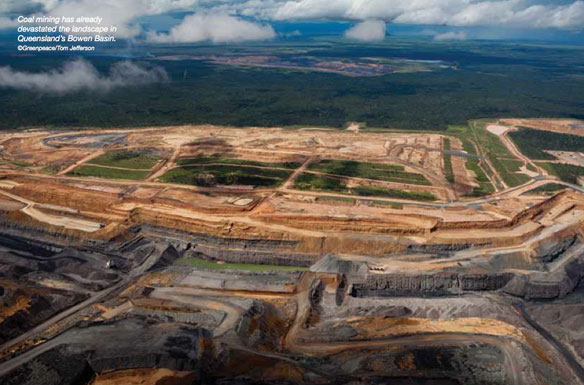
Three million cubic metres of spoil will be dumped in waters 20km from the reef as part of the expansion of Abbot Point port, affecting coral.
U.S. Turns Attention to Ocean Conservation, Food Security
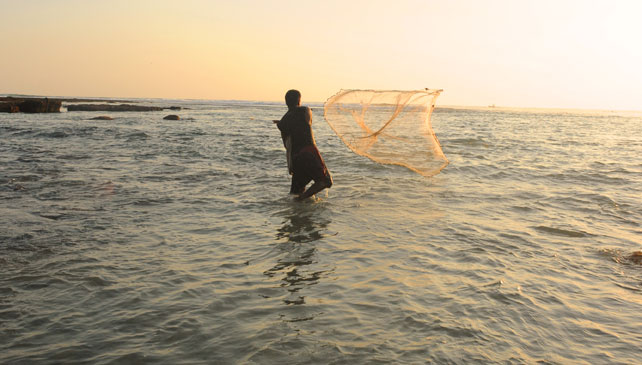
A first-time U.S.-hosted summit on protecting the oceans has resulted in pledges worth some 800 million dollars to be used for conservation efforts.
Obama Announces Plan to Create World’s Largest Ocean Reserve
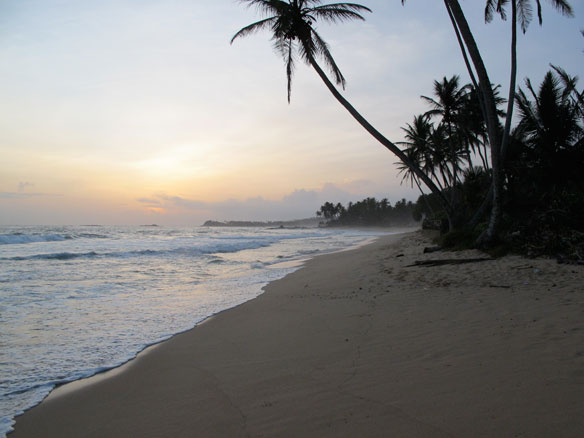
U.S. President Barack Obama announced a plan for creating the world’s largest marine sanctuary on Tuesday, covering hundreds of thousands of miles of Pacific Ocean.
Kiribati Bans Fishing in One of World’s Largest Marine Parks
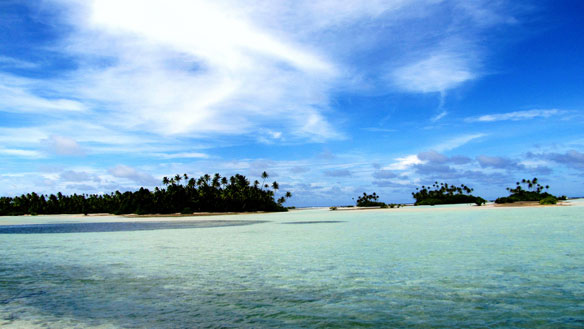
A tiny island nation, about halfway between Hawaii and Fiji, that controls a vast area of the Pacific Ocean has announced it will ban all commercial fishing in a massive marine park that is the size of California.
Scientists Explore Using Trees to Clean Pollution
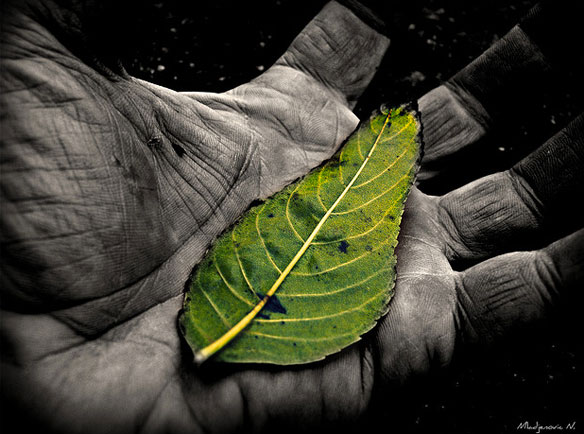
Before Houston and its suburbs were built, a dense forest naturally purified the coastal air along a stretch of the Texas Gulf Coast that grew thick with pecan, ash, live oak and hackberry trees.
